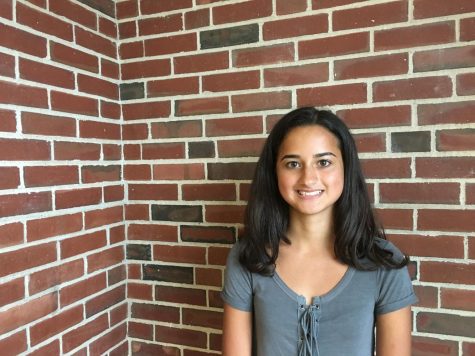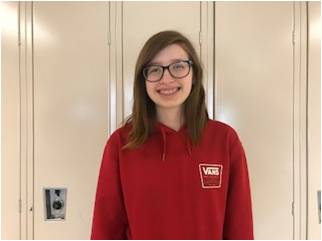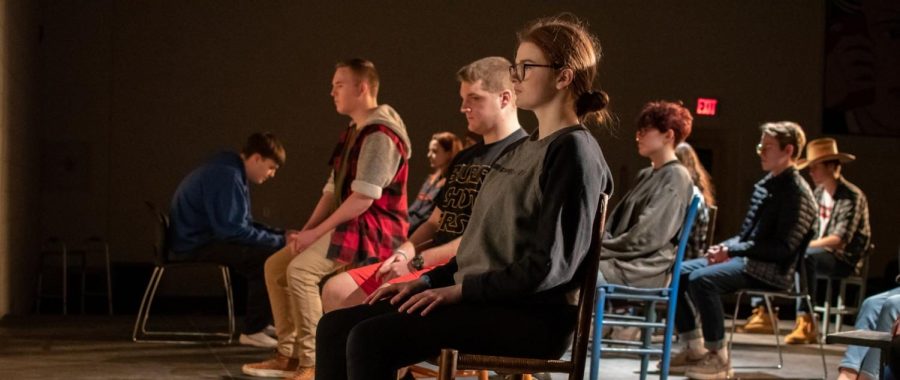Valentine’s Day 2020. It’s the start of a new decade and almost five years after the legalization of same-sex marriage across the U.S. But at Algonquin, do students of all sexual orientations and gender identities feel comfortable celebrating love on this holiday?
According to a Harbinger survey of 215 students conducted through Google Forms from Jan. 12 to Jan. 27, 16 percent of respondents say they have felt discriminated against because of their real or perceived sexual orientation and six percent say they have felt discriminated against because of their real or perceived transgender identity.
“I know we need to do a better job of educating each other on what it means to not fit into the standard binary sexual orientation,” Principal Dr. Sara Pragluski Walsh said.
Walsh believes that fostering acceptance of LGBT identities lies in a collaborative approach between the administration and student-run clubs.
Though LGBT topics are not part of the state-mandated curriculum, this material is covered in sophomore Health and Fitness.
“I feel like every student, regardless of their sexuality, needs to feel included,” Health and Fitness Melissa Arvanigian said.
To supplement what they teach in class, the health teachers bring in two Algonquin alumni to discuss LGBT topics.
“I bring them in just as an added bonus for the kids because sometimes I feel like students get a lot more, not only from supplementing different ways such as brochures or pamphlets or different websites but also from other speakers other than just myself,” Arvanigian said.
According to the Harbinger survey, 14 percent of those who identify as a sexual orientation other than heterosexual have not told anybody, and 24 percent of those who identify as transgender have not told anybody.
“This is a grassroots effort in that we do look to some of the clubs to do this work,” Walsh said.
Senior Gretchen Lawson, who is gay and nonbinary, has only felt comfortable coming out in some of their classes. They have told three of their teachers about their LGBT identity.
“From being in class and just getting to know them, I felt comfortable enough like ‘Hey, I don’t really want to hold back who I am, and I think that I’m comfortable enough to tell you,’” Lawson said. “I also pick and choose who I want to come out to because of the kids in the class. I have some teachers where there are kids in the class that I’m extremely close with, and it’s a small setting, so I don’t feel scared to just be like ‘Hey, this is me.’ But some other classes…I don’t know how they’ll react, so I might just keep it to myself.”
Adjustment counselor Deborah Guterman supports students one-on-one who might be struggling to find acceptance for their LGBT identity. She and other adjustment counselors can advocate for them with teachers and help connect them with other resources within the building or outside counseling.
Guterman believes some training such as professional development classes can help empower faculty to support students who identify as part of the LGBT community.
“There’s a professional development class being offered to teachers this coming March,” Guterman said. “…That’s one of the offerings is to gain a fuller understanding of what we can do as a school to just understand the needs [of LGBT students] and to provide more support.”
This professional development class has also been offered in past years.
Though adults can provide support, Guterman underscores the importance of students’ own role in creating an accepting community.
“Adults try to assume supportive roles or advocate, and that’s great,” Guterman said. “But I think it’s very effective when students can have a say and can get involved and just let themselves be known.”
Guterman would like to see more education surrounding LGBT topics as part of the required curriculum.
“With anything, I think if we can integrate [LGBT topics] into our regular everyday activities, it’s going to mean more,” Guterman said.



